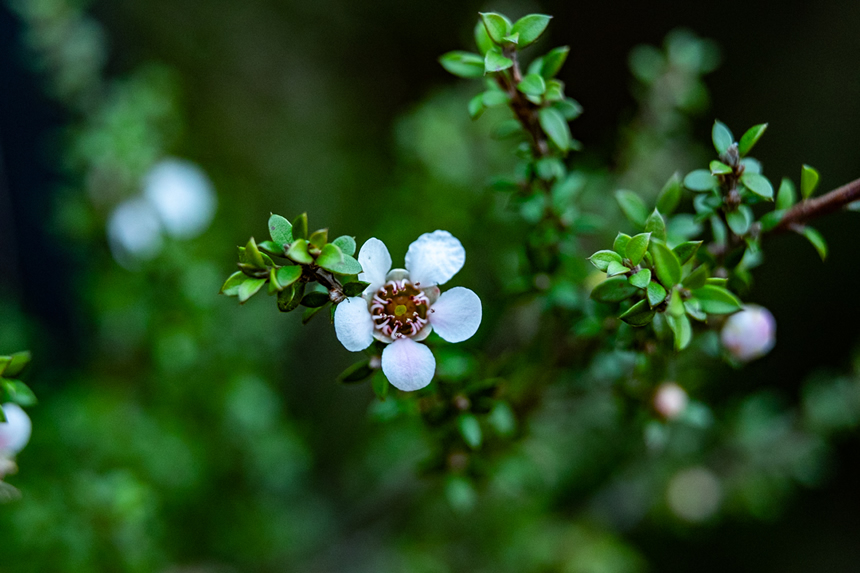Big wins for biodiversity biosecurity and erosion management
We are delighted to let you know about three exciting new research programmes to be funded through the MBIE Endeavour Fund. Each of these five year programmes will make a real difference to New Zealand, through increasing biodiversity, strengthening biosecurity and improving erosion management.
The three programmes
- 'Beyond Myrtle Rust: towards ecosystem resilience'. This research will focus on boosting ecosystem resilience by running ground-level interference of myrtle rust. The programme will centre on filling critical gaps in current efforts to manage myrtle rust, and develop a better understanding of the pathogen dynamics, drivers, and function, with a view to creating resilience within diseased landscapes.

- 'More birds in the bush: large-scale restoration across complex forest'. Using new measurement and spatial data to identify drivers and predictors, this research will provide the ability to forecast predator threats and their effects on bird life within different forest types. The aim is to transform the effectiveness and efficiency of the country's large and growing forest restoration costs by allowing the right interventions, at the right places and times, to maximise benefits for birds.
- 'Smarter targeting of erosion control', which will focus on the need of regional councils and land managers to have higher-resolution data on catchment erosion and sediment delivery to streams, and new tools and models that provide information at appropriate scales. These are essential for efficient and cost-effective erosion and sediment mitigation and will help plan for the predicted increase in wild weather as a result of climate change. This research will enable a breakthrough in the design and implementation of cost effective, targeted, erosion control measures, which is crucial for meeting national water-quality targets.
Manaaki Whenua has again been highly successful in 2018: 50% of our programme proposals were funded (against a national average of 17%) and represent three of the nine successful environmental programmes.
This success does not come without significant hard work both from the team here, and from our research collaborators and many of our valued stakeholders who contributed through co-innovation workshops, review and support for the proposals. Thank you again to all those who helped us reach this great result.
